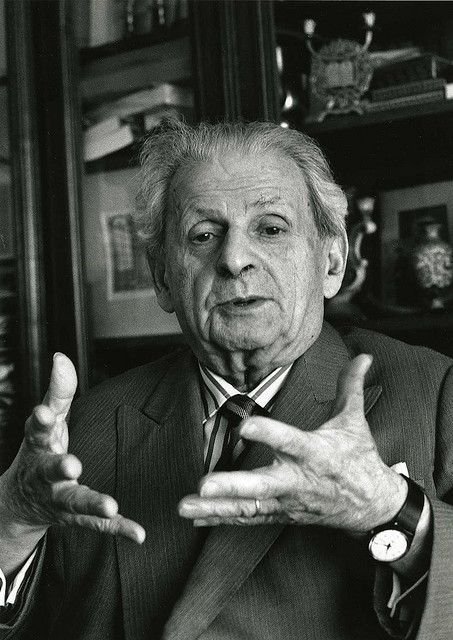
Selected Work
Selected abstracts and other things along the way…
Spinoza, Kant, and Levinas
Three philosophers on morality, necessity, and their limits.
Master’s thesis, expected June 2023
It is the aim of this thesis project to draw a theoretical map from Spinoza, through Kant, and to Levinas. These three philosophers have left immense impacts on the way we view eternal moral problems. Asking what makes a good life, each of the three philosophers offer their own account of a theory of morality. Unique to these three philosophers is the accusation of atheism. While it is seemingly the case that the project of modernity was to vindicate the human person as capable of establishing without religion a moral life for themself, this thesis attempts to dispel that assertion as myth by demonstrating that the essential claim of these three philosophers is that religion and faith serve an important role in navigating the complexities of human life and relationships, and that what makes the question of morality hard is the fact that it is necessary. At the heart of each essay, this thesis examines how each philosopher handles the question of necessity as it pertains to living a good life. Beginning with Baruch Spinoza, we examine how freedom necessitates the constraint or lack of will and the exercise of reason. Afterwards, turning to Immanuel Kant, we examine the argument that contrary to the spinozist position, man’s freedom lies in the necessity of will despite the limits of pure reason. Finally, looking to Emmanuel Levinas, we explore both the limits of will and reason, and find that freedom lies not in our ability to do for ourselves, but rather in responsibility of one for another. Finally, a summary is made of the three philosophical stances that demonstrates the limits of moral necessity; that to know or do what ought to be done is an impossible task that requires a practical deployment of reason that oftentimes conflicts with moral ideals. To this end, this final exposition will show that even though all three philosophers demonstrate a reasonable suspicion towards authoritative institutions like religion and politics, it is the case that they each understand that beyond those things which are morally necessary are those institutions that are necessary for morality, and there there is in fact room for authority and influence in the pursuit of the good life.
Beautiful Monsters
Confronting our moral failures
(First presented at the conference Teratophilia: Transmedial Representations of Hybrid Sexualities, hosted by NYU’s Department of Comparative Literature, Department of French Literature, and Institute for French Studies. May 2022)
This paper proposes that our love for the monstrous reveals a concern for moral failure. This paper serves as a brief discussion of introductory thoughts on the role of recognition, responsibility, and the category of the human as they intersect on the question of human freedom and the problem of evil. Taking a uniquely queer vantage point, the argument is made that there is a frustration between the refusal of the sublime to be understood by reason and our inability to reckon with the fact that those things we recognize as evil also fail in important ways that are not dissimilar to the former. I argue that this frustration erupts in the category of the monster; a collusion of the uncanny, the misidentified, the sinful, and the sublime. The monster frustrates our moral categories and tests the limits of our moral commitments and forces us to interrogate how okay we truly are with evil. The terrifying thing about evil is that evil people, like all people, are wildly complex; they can be charming, helpful, and even genuinely caring, while still exhibiting evil beliefs and doing evil things. I highlight that it is possible to dearly love a monster, and to grieve for one as well, and so an important question to ask ourselves is how far are we willing to go to damn those who commit egregious wrongs and just what are the limits of our forgiveness? This paper serves as an important set of notes towards a critique of a political stance that I call moral necessitarianism, or that stance that what ought to be done is what always is to be done.

